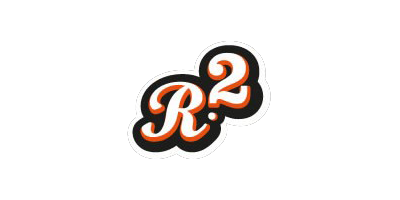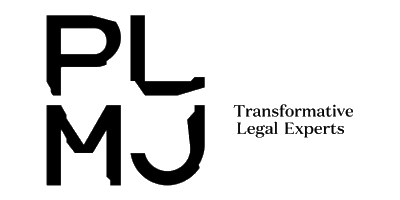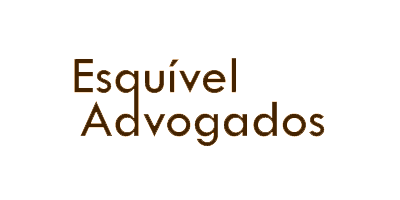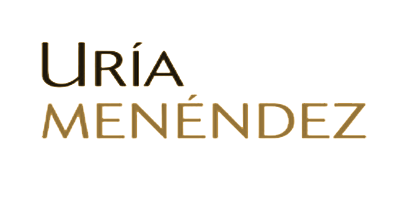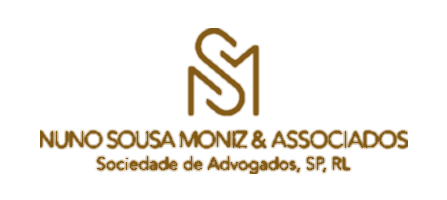The Art of Navigating Conference Interpreting Challenges
As you step into the sphere of conference interpreting, you're swiftly submerged in a sea of sound, where every syllable and sentence structure signifies something significant. It's a world woven with the intricate intricacies of language, culture, and technology, challenging even the most seasoned professionals.
You must master not only the art of swiftly switching between languages but also the skill of understanding cultural nuances, all while maintaining a calm composure under pressure. Just as you think you've got it all figured out, technological hiccups and unexpected accents throw you off balance. Yet, it's in navigating these very challenges that you find the true essence and excitement of your profession.
Now, imagine there are strategies and insights that could transform these daunting obstacles into opportunities for growth and excellence. Curious? Let's embark on this journey together, where the complexities of conference interpreting unfold, revealing paths to not just survive but thrive in this dynamic field.
Key Takeaways
- Understanding cultural nuances is crucial for successful conference interpreting.
- Mastering technical terminology through research and collaboration is essential for accuracy.
- Enhancing listening skills through practice and exposure to diverse accents and dialects is important.
- Utilizing stress management techniques and seeking support when needed is vital for professional resilience.
Understanding Cultural Nuances

To accurately interpret across languages, it's essential you grasp the cultural nuances that significantly shape communication. Your journey into cross-cultural communication demands that you dive deep into the customs, taboos, and etiquette that define different societies.
It's not just about translating words; it's about conveying meaning with cultural sensitivity. You must tune into non-verbal cues, humor, and the indirect ways people express themselves, adapting your interpretation to reflect these subtleties.
This flexibility and open-mindedness are your tools for navigating the complex landscape of cross-cultural interaction. Remember, understanding the cultural context of both the speaker and the audience is crucial.
Mastering Technical Terminology
Mastering technical terminology is crucial for every conference interpreter aiming for precision in their work. Understanding technical jargon across various fields not only enhances your accuracy but also builds trust with your audience.
Expanding your vocabulary requires dedication. Dive into research techniques that keep you abreast of industry changes. Collaborate with experts and immerse yourself in industry events to absorb new terms firsthand. Embrace the power of glossaries and develop your personalized terminology databases.
This approach not only sharpens your skill but also ensures you're always prepared, regardless of the topic complexity. Remember, your ability to flawlessly interpret technical discussions directly reflects your professionalism and commitment to your craft.
Enhancing Listening Skills
While honing your technical terminology is vital, equally important is sharpening your listening skills to interpret with accuracy and ease.
Practice pacing with challenging materials to enhance your speed and timing, ensuring you're not caught off guard by rapid speakers.
Familiarize yourself with regional accents and dialects. This understanding helps overcome language barriers, making you more versatile.
Converse with native speakers to refine your ear for diverse accents and dialects, enriching your linguistic palette.
Arrive early to conferences to set up and test your equipment; this minimizes technology glitches that can hinder your listening.
Continuous learning and exposure to diversity are key. They not only broaden your knowledge but significantly enhance your ability to listen and interpret effortlessly.
Stress Management Techniques
Navigating the high-pressure environment of conference interpreting can be challenging. To maintain peak performance, it's crucial to learn effective stress management techniques. One way to reduce stress levels is by integrating deep breathing exercises and mindfulness practice into your daily routine. These techniques can help you stay focused and calm.
In addition to mental exercises, it's important to make time for regular physical activity. Engaging in physical activity is an excellent way to release tension and boost your mood. Whether it's going for a run, practicing yoga, or playing a sport, find an activity that you enjoy and make it a priority.
Effective time management is another key component of stress management. Prioritizing your tasks and creating a schedule can help prevent the feeling of being overwhelmed. By breaking down your workload into manageable chunks and setting realistic deadlines, you can better manage your time and reduce stress.
Furthermore, don't underestimate the power of social support. Connecting with colleagues or professional networks allows you to share experiences and coping strategies. Talking to others who understand the challenges of conference interpreting can provide valuable insights and support.
If stress becomes too much to handle on your own, consider seeking professional help or counseling. A trained professional can provide guidance and support to help you navigate these challenges more effectively. Remember, it's important to prioritize your mental well-being and seek help when needed.
Strategies for Real-Time Translation
To excel in real-time translation, you must immerse yourself in various regional accents and dialects. Strategies for accuracy and improving memory retention are pivotal. Here are some actionable steps:
- Familiarize yourself with regional accents and dialects
- Converse with native speakers to refine your ear.
-
Exposure to diversity equips you better.
-
Practice pacing with challenging materials
- Gradually increase speed while maintaining a steady pace.
- This improves your agility in translation.
To thrive, you'll need to adopt these strategies diligently.
Engaging with native speakers not only hones your ear but also deepens your cultural understanding, enhancing your translation quality.
Practice and exposure are your best allies in mastering real-time translation, ensuring you're prepared for any challenge that comes your way.
Building Professional Resilience
Building professional resilience is essential. Embracing challenges can significantly enhance your interpreting skills. Overcoming obstacles starts with seeing each hurdle as a stepping stone.
Dive into the rich world of regional accents and dialects. It's not just about understanding, but immersing yourself in the nuances that make each language unique.
Practice doesn't just make perfect—it equips you to keep pace with even the most rapid speakers. Remember, arriving early to check your equipment can be your shield against the unforeseen glitches technology throws your way.
Moreover, maintaining confidence through sharing and learning from the collective wisdom of peers can transform daunting challenges into mastered skills.
Your journey in building resilience is a mosaic of learning, adapting, and thriving.
Navigating Interpreter Ethics
As an interpreter, you'll face ethical decisions that test your integrity and impartiality, demanding a deep understanding of your professional ethics. Here's how you can navigate these challenges:
- Understand your role and ethical responsibilities.
- Adhere to the interpreter's code of ethics.
-
Be prepared for ethical dilemmas.
-
Seek guidance and reflect on your decisions.
- Consult with experienced interpreters or associations.
- Continuously reflect on your ethical decision-making.
Navigating interpreter ethics isn't just about knowing what's right or wrong; it's about maintaining professional boundaries and ensuring your work remains impartial and trustworthy. By familiarizing yourself with the ethical guidelines and actively seeking to uphold them, you're not just protecting your integrity but also enhancing the profession's credibility.
Frequently Asked Questions
What Are the Challenges Faced by Interpreters?
Navigating a maze of accents and dialects, you'll face rapid speakers, unexpected tech hiccups, and cultural nuances. Interpreter fatigue is real, as you adapt to this dynamic, multilingual landscape, striving for clear, concise understanding.
What Is the Major Challenge in Interpretation?
You'll find that cultural nuances and speaker speed are major interpretation challenges. Understanding subtle cultural differences and keeping up with fast speakers are key skills you need to master in this multilingual environment.
What Are the Problems With Language Interpreting?
You'll face issues like cultural nuances and interpreter fatigue, alongside handling accents and fast speakers. Relying on tech brings its own hurdles. It's vital to adapt and understand in this multilingual, ever-changing field.
Why Is Interpreting Hard?
Interpreting's hard because you're juggling cognitive fatigue from rapid speech, understanding cultural nuances, and deciphering accents. It demands a high level of multilingual skill and adaptability, making it a complex, yet rewarding, challenge.













